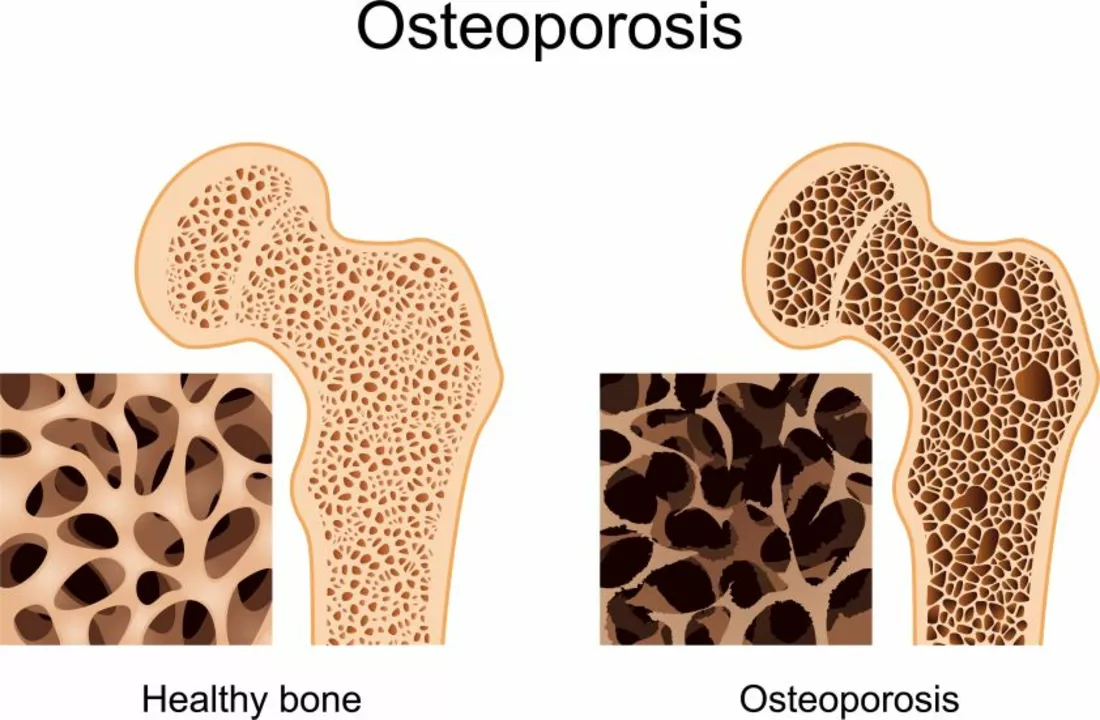Understanding Osteoporosis: Protect Your Bones Today
Osteoporosis is a condition where your bones become weak and fragile, making them more likely to break. It often develops slowly and without symptoms until a fracture occurs, usually in the hip, spine, or wrist. So why should you care? Because healthy bones matter for staying active and independent as you age.
Everyone loses some bone density over time, but osteoporosis speeds that process up. Women past menopause and older adults face higher risks, but lifestyle choices also play a big role. Lack of calcium, vitamin D, smoking, excessive alcohol, and inactivity can all damage your bones.
Simple Ways to Keep Your Bones Strong
Want to keep your bones sturdy? Start by moving more. Weight-bearing activities like walking or lifting weights help build bone strength. Also, get enough calcium and vitamin D, which are essential for bone health. Dairy products, leafy greens, and fortified foods are good calcium sources. Sunlight exposure helps your body make vitamin D, but sometimes supplements might be necessary.
Watch out for smoking and drinking too much alcohol since they weaken bones over time. If you're on certain medications or have health conditions that affect bones, talk to your doctor. They might suggest tests to check your bone density and recommend treatments to slow bone loss and prevent fractures.
Recognizing the Signs and When to See a Doctor
Because osteoporosis is mostly silent until a fracture happens, regular checkups are key. If you notice height loss, back pain, or a stooped posture, these could be signs of weakened bones. Don’t ignore them—early diagnosis means better management. Simple lifestyle changes combined with medical treatments can make a big difference in preventing serious bone breaks.
Staying informed and proactive about osteoporosis can save you a lot of pain and trouble down the road. Remember, strong bones aren’t just for the young—they’re vital at every stage of life.

Osteoporosis and Glucocorticoids: What You Need to Know
- Date: 27 May 2023
- Categories:
- Author: David Griffiths
As a blogger, I feel it's important to address the connection between osteoporosis and glucocorticoids. Osteoporosis is a condition that weakens our bones, making them more susceptible to fractures. Glucocorticoids, a type of steroid medication, can contribute to the development of osteoporosis if used for long periods of time. It's crucial for those taking glucocorticoids to be aware of this potential side effect and to discuss preventive measures with their healthcare providers. By staying informed and taking necessary precautions, we can minimize the risk of osteoporosis related to glucocorticoid use.




